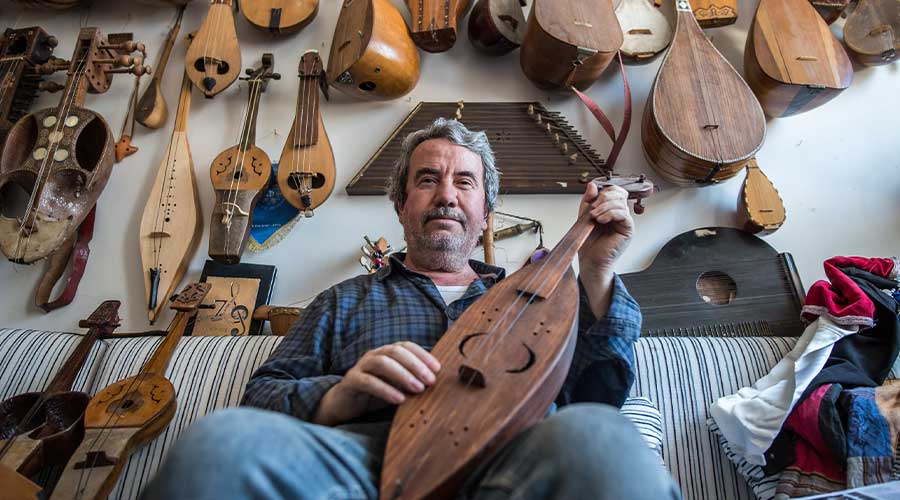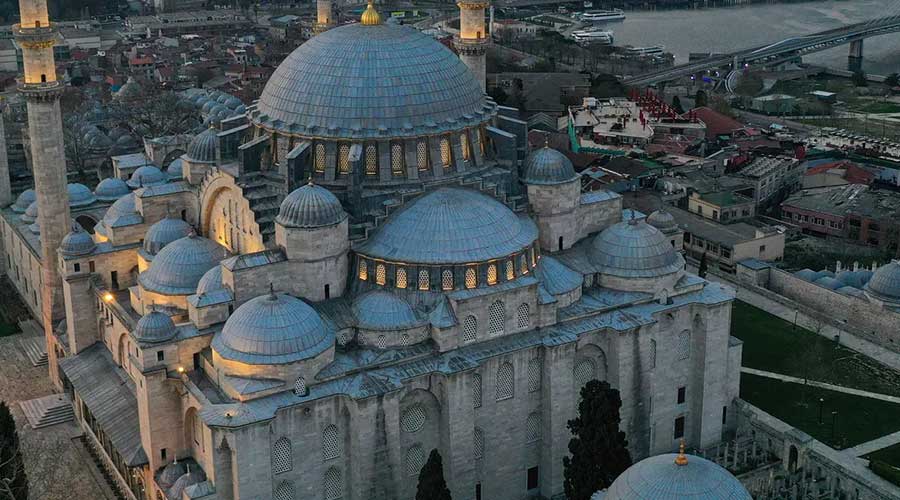Turkish culture is a vibrant tapestry woven with a fascinating blend of historical influences, traditions, and modern elements. From its ancient roots to its contemporary expressions, Turkish culture offers a captivating experience that is both unique and diverse. In this article, we will delve into the various aspects of Turkish culture, exploring its cuisine, art, music, traditions, and more.
Turkey, located at the crossroads of Europe and Asia, has a cultural heritage that spans thousands of years. Its geographical position has exposed it to various civilizations, resulting in a rich amalgamation of influences. Turkish culture is characterized by its diversity, warmth, and hospitality.
Historical Significance
The history of Turkey is a captivating narrative encompassing ancient civilizations such as the Hittites, Byzantines, and Ottomans. Each era has left its mark on the country’s culture, architecture, and traditions. The historical significance of Turkey is evident in its numerous archaeological sites, including the iconic Hagia Sophia and the ancient city of Ephesus.
Cuisine: A Gastronomic Delight
Turkish cuisine is renowned for its exquisite flavors and aromatic dishes. Turkish cuisine tantalizes the taste bud, from savory kebabs and mezes to decadent desserts like baklava. Influenced by Ottoman, Middle Eastern, and Mediterranean culinary traditions, Turkish food reflects the country’s cultural diversity.
Turkish Art: A Fusion of Heritage and Innovation
Turkish art showcases a harmonious blend of traditional and contemporary styles. Turkish artisans have mastered various art forms, from intricate carpet weaving to calligraphy. The world-renowned Iznik ceramics, miniature paintings, and Turkish carpets are celebrated for their craftsmanship and unique designs.
Festivals and Celebrations: Embracing Traditions
Turkish culture is vibrant and festive, with a calendar filled with colorful celebrations. Events like the Oil Wrestling Festival, International Istanbul Film Festival, and Mevlana Whirling Dervishes Festival showcase the diversity and liveliness of Turkish traditions. These celebrations unite people to celebrate art, music, sports, and spirituality.
Turkish Hospitality: A Warm Welcome
Hospitality is deeply ingrained in Turkish culture. Visitors to Turkey are greeted with warmth and generosity, making them feel at home. The concept of “Mehmet” (guest) holds great importance, and Turkish people take pride in creating a welcoming environment for guests.
Traditional Turkish Music: A Harmonious Melody
Music holds a special place in Turkish culture, with a history that dates back centuries. Traditional Turkish music combines melodic tunes with poetic lyrics, creating a captivating and emotional experience. Instruments such as the oud, saz, and kanun are commonly used in Turkish music, which can be enjoyed in both classical and folk genres.
Turkish Bathhouses: A Soothing Retreat
The Turkish bathhouse, known as the hammam, is a unique cultural experience cherished for centuries. These bathhouses provide relaxation and rejuvenation through steam, scrubbing, and massage rituals. A hammam is a place for physical cleansing and a social gathering where people connect and unwind.
Traditional Attire: A Reflection of Culture
Traditional Turkish attire blends influences from Central Asia, the Middle East, and the Mediterranean. The vibrant colors, intricate patterns, and flowing fabrics create a distinctive visual identity. The traditional garments, such as the kaftan, shalwar, and fez, reflect Turkey’s historical and cultural heritage.
Turkish Language: A Melodic Expression
With its melodic tones and unique structure, the Turkish language is integral to Turkish culture. As a member of the Turkic language family, it has evolved over centuries and is spoken by millions worldwide. Learning a few basic Turkish phrases can enhance the cultural experience when visiting Turkey.
Sports and Recreation: A Passion for Competition
Sports play a significant role in Turkish culture, with football (soccer) being the most popular. Turkish football clubs have a dedicated fan base, and matches are filled with passion and excitement. Other traditional sports, such as oil wrestling, camel wrestling, and archery, reflect the country’s historical heritage and competitive spirit.
Cultural Etiquette: Respect and Courtesy
Understanding and respecting Turkish cultural etiquette is essential when visiting the country. Greeting with a handshake, removing shoes when entering someone’s home, and using proper table manners are customary. Respect for elders and modest clothing in religious sites are essential cultural considerations.
Influence of Islam: Faith and Culture
Islam has significantly influenced Turkish culture throughout history. Mosques, such as the iconic Blue Mosque in Istanbul, are not only places of worship but also architectural marvels. The call to prayer, the observance of Ramadan, and the celebration of religious holidays are important aspects of Turkish Islamic culture.
Modern Turkish Culture: A Dynamic Evolution
Turkish culture is not static; it continues to evolve and adapt to modern times. With a growing youth population and a vibrant arts scene, modern Turkish culture embraces contemporary expressions in music, fashion, film, and literature. Turkish TV series and movies have gained international popularity, showcasing the creativity and talent of Turkish artists.
Conclusion
Turkish culture is a captivating blend of history, traditions, and modernity. Turkish culture offers a diverse and enriching experience, from its delectable cuisine to vibrant celebrations. Whether exploring the ancient ruins, indulging in culinary delights, or immersing in traditional music, embracing Turkish culture invites discovering the beauty and depth of this great nation.
FAQs
Is Turkey a European or Asian country?
Turkey is a transcontinental country, spanning both Europe and Asia. It is located at the crossroads of these two continents.
What are some famous Turkish dishes?
Some favorite Turkish dishes include kebabs, baklava, Turkish delight, mezes (appetizers), and Turkish tea.
What is the significance of Turkish carpets?
Turkish carpets are renowned for their intricate designs and craftsmanship. They are considered an important cultural symbol and have a long history in Turkish art.
Do I need to learn Turkish before visiting Turkey?
While learning Turkish is unnecessary, knowing a few basic phrases can significantly enhance your experience and interactions with locals.
Are there any specific customs to be aware of in Turkish culture?
Respecting elders, removing shoes when entering homes or mosques, and dressing modestly in religious sites are necessary customs to be mindful of in Turkish culture.



